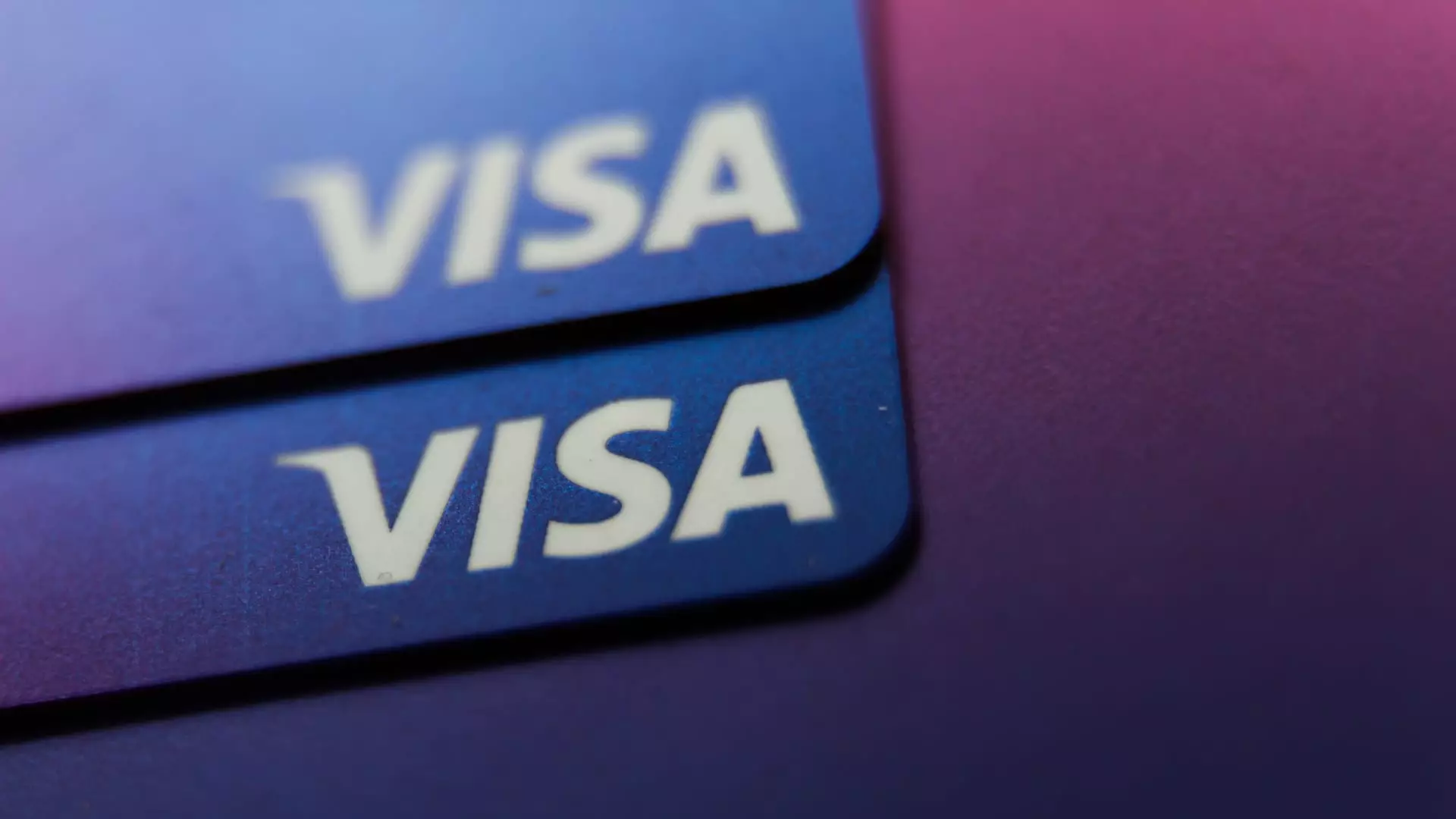Visa, the renowned card network company, has recently announced its plans to introduce a groundbreaking service that will revolutionize the way bank transfers are conducted. This new service, which will bypass the traditional credit card and direct debit methods, is set to be launched in Europe in the coming year. By allowing users to set up account-to-account (A2A) payments with ease, Visa aims to provide a more secure and convenient payment solution for consumers.
The Problem with Traditional Direct Debits
Currently, consumers face numerous challenges when setting up direct debits for essential payments such as utility bills or childcare services. The process involves sharing sensitive bank details and personal information, leading to security concerns. Additionally, the static nature of direct debits limits consumers’ control over the payment amounts, making it difficult to make adjustments or cancellations without hassle. Visa’s new A2A service aims to address these shortcomings by offering variable recurring payments (VRP) that give consumers greater flexibility and control over their transactions.
Visa’s A2A product will rely on open banking technology, which requires lenders to provide third-party fintech companies with access to consumer banking data. Open banking has gained traction in Europe due to regulatory reforms that aim to enhance competition and innovation in the financial sector. By leveraging open banking, Visa can facilitate secure and seamless connections to consumers’ bank accounts, enabling them to authorize payments efficiently. This approach represents a significant shift in the way transactions are conducted and highlights Visa’s commitment to embracing technological advancements in the payment industry.
Visa’s Strategic Acquisitions
In a strategic move to strengthen its position in the open banking space, Visa acquired Tink, an open banking service provider, for 1.8 billion euros in 2021. This acquisition came shortly after Visa’s failed attempt to purchase Plaid, a competing open banking firm. By investing in Tink, Visa aimed to preempt the threat posed by emerging fintech companies that offer alternative payment solutions to consumers and merchants. This strategic move not only showcases Visa’s commitment to innovation but also signifies its recognition of the changing landscape of the payment industry.
As Visa prepares to launch its A2A service in Europe, it faces both challenges and opportunities in the market. While the new service promises to provide consumers with a secure and convenient payment option, there are concerns about how Visa will monetize this offering. By allowing merchants to bypass traditional card payments, Visa risks cannibalizing its existing card business. However, the company remains steadfast in its commitment to providing the best payment solutions for consumers and merchants, whether through card transactions or non-card alternatives.
Visa’s upcoming launch of the A2A service marks a significant milestone in the evolution of the payment industry. By embracing open banking technology and offering innovative payment solutions, Visa is poised to transform the way consumers conduct transactions in the digital age. While challenges may lie ahead, Visa’s commitment to innovation and customer-centric solutions positions it as a key player in shaping the future of payments.

